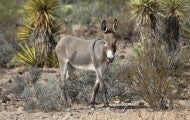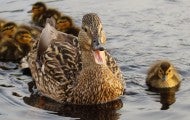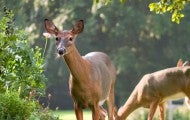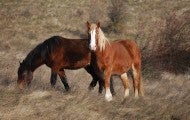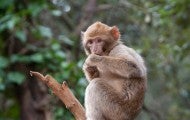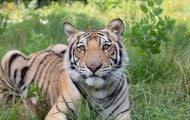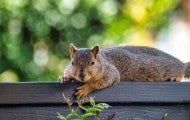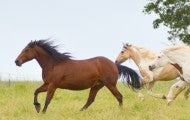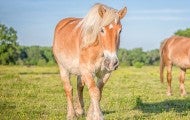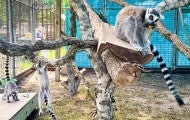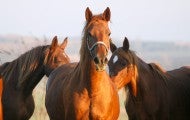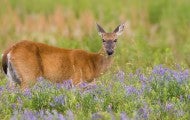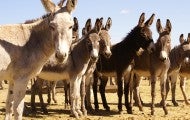Every morning, the teams at Black Beauty Ranch spread out across 1,400 acres to care for the nearly 650 animals who call the sanctuary home. It’s not an easy task. The sanctuary is home to around 40 species, meaning caregivers need a high level of knowledge about all sorts of animals. Insights into...
The Humane Society of the United States and the Humane Society Legislative Fund are noted champions for the protection and well-being of the nation’s wild horses and burros, and we have strong policy and practical commitments to the humane management of their herds on America’s Western ranges. We...
Rochester Institute of Technology has committed to having 50% plant-based offerings on menus by 2025, in collaboration with the Humane Society of the United States. As part of this effort, HSUS chefs provided an in-person plant-based culinary training to the university culinary staff. These events...
Fertility control: Essential to American wild burros and mustangs While wild burros are legally viewed in the same light as the American mustang, protected as a living symbol of the American West, the wild horses often seem to receive most of the public's attention. But burros have played a critical...
